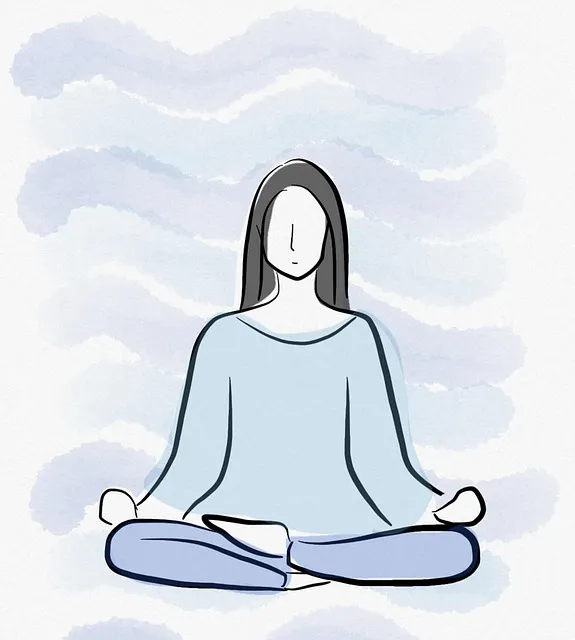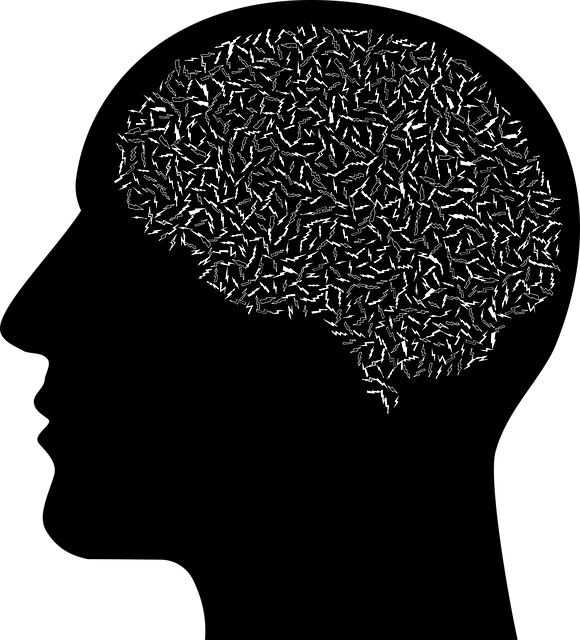Anxiety disorders are complex, impacting daily life physically and mentally, but recognition of symptoms like worry, restlessness, and insomnia is vital for management. Westminster Kaiser Permanente behavioral health services play a key role in raising awareness, providing comprehensive assessments, and offering personalized treatments such as Cognitive Behavioral Therapy (CBT). They empower individuals to manage anxiety through negative thought pattern transformation, self-care practices, group support, and crisis intervention. Beyond CBT, their holistic approach includes stress reduction through physical activity and programs for mental health professional resilience.
Anxiety is a common yet overwhelming experience that affects millions worldwide. Understanding its symptoms and causes is the first step towards management. At Westminster Kaiser Permanente, our behavioral health services offer comprehensive support, employing evidence-based methods like Cognitive Behavioral Therapy (CBT) to empower individuals in their journey. This article explores various anxiety management techniques, from CBT to additional strategies, providing insights into how Westminster Kaiser Permanente behavioral health services can help you reclaim control over your mental well-being.
- Understanding Anxiety: Symptoms and Causes
- Behavioral Health Services at Westminster Kaiser Permanente
- Cognitive Behavioral Therapy (CBT): A Powerful Tool
- Additional Techniques for Effective Anxiety Management
Understanding Anxiety: Symptoms and Causes

Anxiety is a complex emotion that manifests physically and mentally, impacting individuals across various aspects of their lives. Recognizing its symptoms is crucial for effective management. Common signs include persistent worry or fear, restlessness, difficulty concentrating, irritability, muscle tension, insomnia, and in severe cases, panic attacks. These manifestations can significantly disrupt daily routines and overall mental wellness, as highlighted by the Westminster Kaiser Permanente behavioral health services.
Several factors contribute to anxiety disorders, including genetic predisposition, environmental stressors, traumatic experiences, and even certain medical conditions. The Public Awareness Campaigns Development plays a vital role in educating people about these causes, fostering understanding, and encouraging those struggling to seek help. Mental wellness advocates emphasize the importance of early intervention and accurate diagnosis, which can be facilitated through comprehensive risk assessments for mental health professionals.
Behavioral Health Services at Westminster Kaiser Permanente

Westminster Kaiser Permanente offers a robust suite of behavioral health services designed to support members in managing and overcoming anxiety. Their dedicated team provides personalized care, focusing on evidence-based practices to address individual needs. The range of services includes therapy sessions, where individuals can explore underlying causes of anxiety, learn coping skills, and develop strategies for stress management.
In addition to individual therapy, Westminster Kaiser Permanente behavioral health professionals facilitate group sessions and workshops, fostering a sense of community and shared understanding. These programs often include crisis intervention guidance, helping members navigate anxious moments effectively. Furthermore, they emphasize self-care routine development, encouraging members to prioritize their mental well-being through structured daily practices.
Cognitive Behavioral Therapy (CBT): A Powerful Tool

Cognitive Behavioral Therapy (CBT) is a highly effective and evidence-based approach to managing anxiety disorders, offered by behavioral health services like Westminster Kaiser Permanente. This therapy focuses on identifying and changing negative thought patterns and behaviors that contribute to anxiety. By challenging distorted thoughts and replacing them with more realistic and balanced ones, CBT helps individuals gain control over their emotions and reactions.
Incorporating self-care practices into your daily routine is a key aspect of CBT for anxiety management. This includes developing a structured self-care routine that promotes mood management. Techniques such as mindfulness meditation, deep breathing exercises, and regular physical activity can significantly reduce anxiety symptoms. By integrating these self-care strategies into their lives, individuals can improve their overall mental health and better navigate anxious moments.
Additional Techniques for Effective Anxiety Management

In addition to conventional methods like mindfulness and therapy, Westminster Kaiser Permanente behavioral health services offer a range of innovative techniques for anxiety management. One such approach is cognitive-behavioral therapy (CBT), which helps individuals identify and change negative thought patterns contributing to anxiety. This evidence-based method not only provides practical tools for managing symptoms but also empowers individuals with skills to navigate future challenges.
Another effective strategy is engaging in regular physical activity, which has been shown to reduce stress hormones and improve mood. Balancing work or study commitments with adequate rest and social connections can also prevent burnout and enhance mental resilience. Furthermore, Westminster Kaiser Permanente may offer specialized programs like a Risk Assessment for Mental Health Professionals, focusing on burnout prevention and inner strength development – crucial aspects of maintaining well-being in high-pressure environments.
Anxiety management is a holistic journey, and with the right tools, it’s possible to lead a fulfilling life. The article has explored various techniques, from understanding anxiety’s triggers to cognitive behavioral therapy (CBT) and additional strategies offered by Westminster Kaiser Permanente’s behavioral health services. By recognizing symptoms, seeking professional help, and adopting evidence-based practices, individuals can effectively manage anxiety and improve their overall well-being. Remember, taking control of your mental health is a courageous step towards a calmer and more balanced life.






